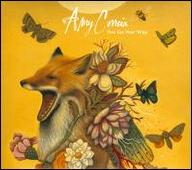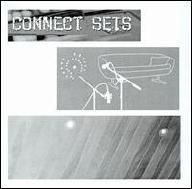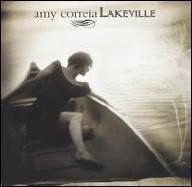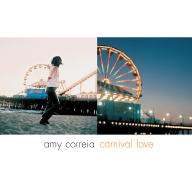Correia was a late bloomer as a songwriter. Not until she hit 20 in 1998 did she embark on it. She had always been an inward person. Her thoughts often turned to literature and writing short stories. But she never really had thought about putting together those interests with singing until a back injury sidelined her for about two months in 1998. She put her time to use by writing songs, then she went out on the club scene in New York City to test her songs at venues such as Cafe Sin-e, CBGB's Gallery, and the Fez. After first signing to Virgin Records in 1997, she moved to Los Angeles. She started working on a recording, but after several people who were working with her left the label, her project remained incomplete. Luckily, she was able to retain her master tapes and find a welcome sign from Perry Watts Russell, an A&R guy at Capitol Records. Previously, during her time in New York, she met Christopher Thorn of the group Blind Melon at the defunct club Cafe Sin-e in the East Village in New York City. He encouraged her to make a demo tape in Seattle.
Her move to Los Angeles was a big adjustment for her. She left behind friends and family on the East Coast for a lot of lonely nights in the West. However, she soon found a welcome club called Largo, where she further honed her songs. She spent a lot of her early time in Los Angeles in a recording studio, but she enjoyed balancing her activities by working the club scene. For Correia, the life of a musician struck a good balance between her inward thoughts and external reality. It afforded her an opportunity to translate the necessarily solitary act of songwriting into a social, sharing experience that not only gave her a sense of self-worth, but connected her to a larger family. Correia's debut CD, Carnival Love, was released on Capitol Records, followed by her Christmas in L.A., featuring the Tinseltown Tabernacle Choir, on Capitol Records in late 2000. ~ Robert Hicks, Rovi















